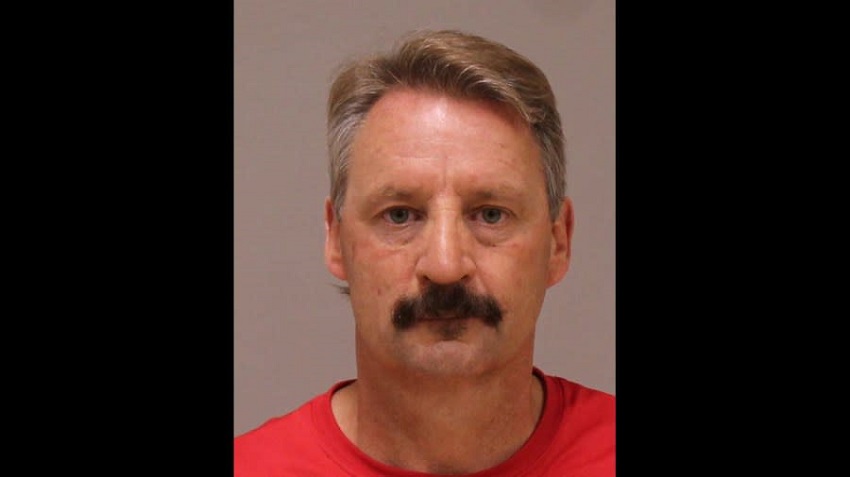Grand Rapids, Mich. — James Frisbie, the only person charged in connection with the 1981 disappearance of 14-year-old Deanie Peters, secured a significant victory this week when a Michigan appeals court ruled that key evidence used to charge him with perjury was improperly obtained.
The 12-page ruling, issued by a divided Court of Appeals, found that the search and seizure of Frisbie’s cellphone violated legal standards. The majority opinion also criticized the prosecution’s decision to pursue the case under the assumption that Peters was murdered, stating that there was insufficient evidence to support that claim.
Peters vanished in February 1981 after leaving her brother’s wrestling practice at Forest Hills Central Middle School to use the bathroom. Her remains have never been recovered, and a presumptive death certificate is the only formal recognition of her passing.
“However, the disappearance of a teenager does not automatically equate with an allegation that they were murdered,” Justices Noah P. Hood and Kathleen A. Feeney wrote in their majority opinion. They emphasized that without concrete evidence of Peters’s death, the perjury charge, which carries enhanced penalties, should not move forward.
Frisbie was charged with perjury in 2021 following his testimony under an investigative subpoena regarding Peters’s disappearance. The case has remained on hold while Frisbie’s legal team contested the admissibility of evidence obtained from his cellphone.
In dissent, Judge Mark T. Boonstra argued that the initial seizure of the phone was lawful, as Frisbie had consented to the search, and that sufficient evidence existed to support the perjury charge.
The case will now return to Kent County Circuit Court for further proceedings consistent with the appeals court’s ruling. Frisbie remains free on bond, and the perjury charge carries a possible sentence of up to life in prison.







